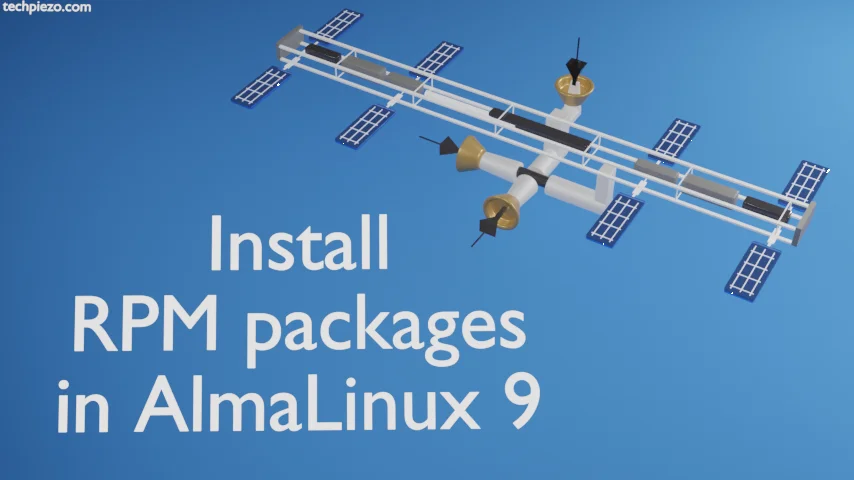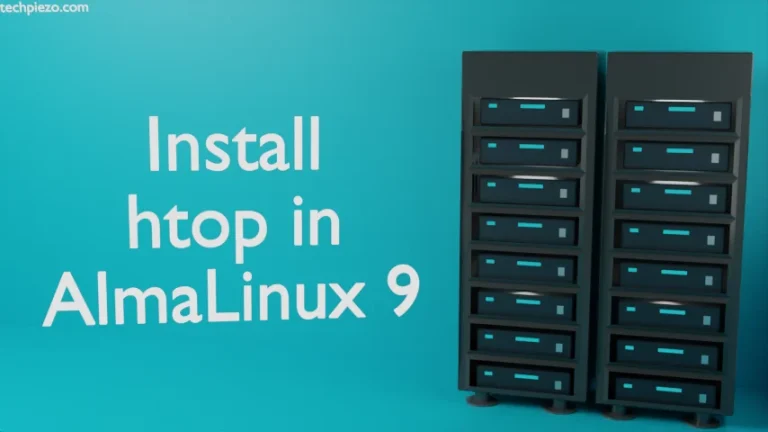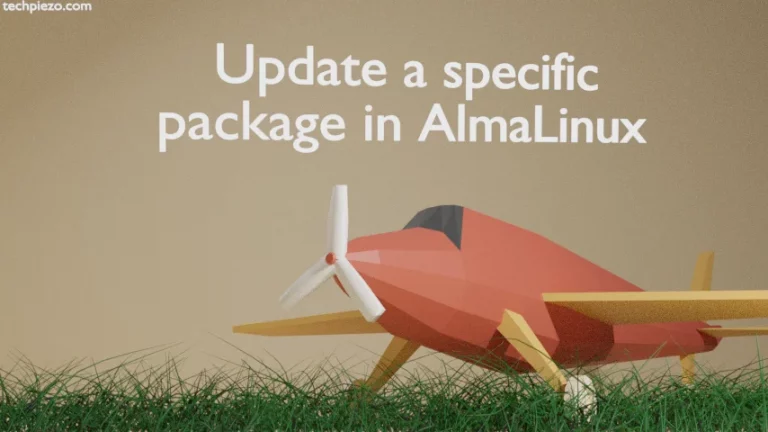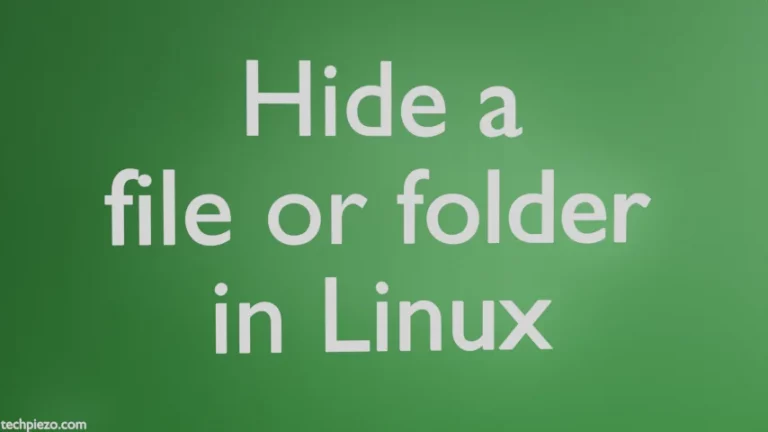
In this article, we cover how to install RPM packages in AlmaLinux 9 through DNF package manager. With the help of DNF package manager, we can install, remove or update packages. Sometimes, a package requires additional packages to be installed alongside. Such additional packages are basically the dependencies as the package we want to install is dependent on these additional packages. Otherwise, the our package won’t get installed.
One benefit of using DNF package manager is that, it would check for dependencies and if required it would provide us suggestions on how to move ahead. And, this applies both to RPM packages as well as packages available through repositories. So, we don’t have to manually install a package or its dependencies.
AlmaLinux 9 comes with two repositories –
- AppStream and,
- BaseOS.
Most packages can easily be installed through these two repositories. Certain packages like ImageMagick can be installed through EPEL repository. But, there are packages like Google Chrome which we may have to install through a RPM package.
We advise you to download and install RPM packages only from trusted sources. Installing packages from unknown sources may affect the stability and security of your system.
Note: Following operations require superuser privileges. In case you don’t have one then, we advise you to contact your System Administrator for assistance.
Install RPM packages in AlmaLinux 9
To install RPM packages, we can use the command –
# dnf install ./package-name.rpm
For instance, if it was about install Google Chrome then,
# dnf install ./google-chrome-stable_current_x86_64.rpm
And, that is pretty much everything we have do unless the dependencies aren’t the part of AppStream, BaseOS or EPEL repository.
In conclusion, although its easy to install RPM packages in AlmaLinux 9. But, we also need to ensure that the RPM packages we are installing comes from trusted sources.





